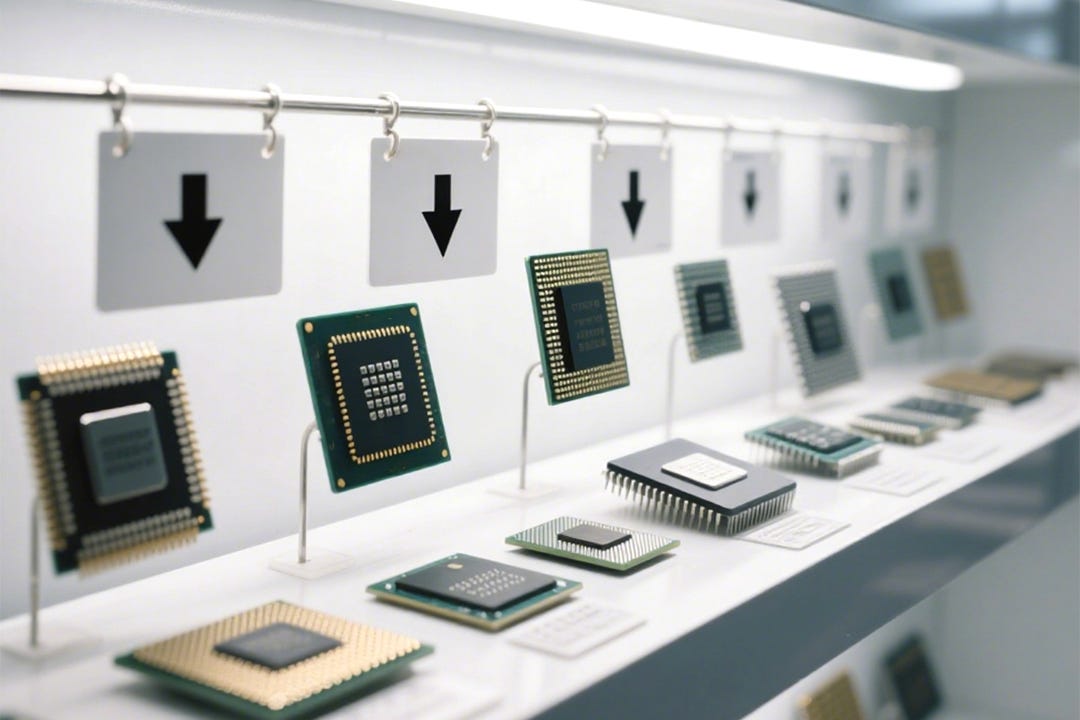Commentary: China’s Chip Industry Must End Its Race to the Bottom
Loss-making contracts and delayed payment practices are pushing China’s semiconductor supply chain to the brink
In March, Chinese Premier Li Qiang signed a State Council decree to ensure timely payment to small and midsize enterprises (SMEs), as part of the government’s broader campaign to curb “involution-style” competition across different industries. Auto market participants were among the first to respond to the government effort which began in the second half of 2024, with a group of Chinese carmakers earlier this month vowing to pay all their suppliers within 60 days. And the regulatory crackdown is expected to extend into the extremely competitive semiconductor industry.
Symptoms of involution-style competition
The most typical example of excessive competition in the semiconductor industry is the “lowest-bid-wins” model, which often results in bidders winning a contract at a heavy loss. Some companies do this for fundraising reasons or to inflate revenue numbers, while some aim to drag down competitors. Zero-price and below-cost bids are rife in the industry.
Another symptom is excessively long payment cycles. A supplier payment term of three to five months is common, with the term sometimes extended to one or two years, compared with 45 to 60 days in the U.S. and Europe. Some companies even use the money owed to suppliers to make investments that yield returns higher than what they earn from their mainstay businesses. Long payment terms,
Keep reading with a 7-day free trial
Subscribe to Caixin Global China Watch to keep reading this post and get 7 days of free access to the full post archives.




